The 70-meter-long vessel developed by Damen is equipped with a 4 MW charger and uses a motion-compensated jetty to connect to wind turbines.
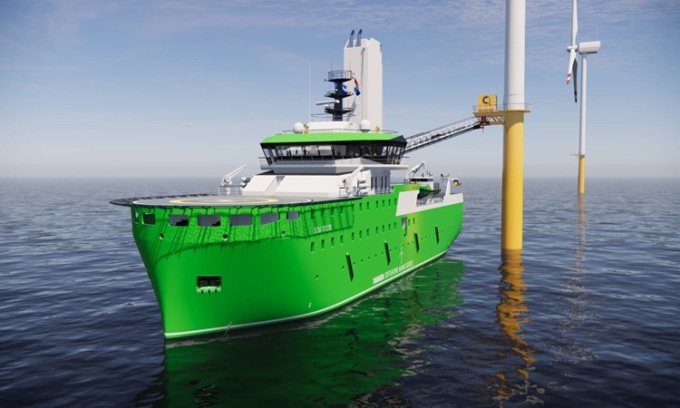
The SOV 7017 E can be charged directly from wind turbines. Photo: Damen Shipyards Group
Shipbuilder Damen unveiled its all-electric Maintenance Vessel (SOV) with offshore charging capabilities on November 28 at the Offshore Energy 2023 Conference and Exhibition in Amsterdam, according to Offshore Energy . According to the company, the SOV 7017 E will pave the way for a dramatic reduction in emissions from offshore wind farm maintenance.
The vessel is 70 m long and 17 m wide, with 60 cabins providing accommodation for the crew and 40 technicians, along with storage and workshop space. The SOV 7017 E is equipped with four rotary propellers, providing independent propulsion in all directions and significantly reducing underwater noise.
When the company began considering ship designs three years ago, it looked to offshore charging capabilities. Damen partnered with MJR Power & Automation, a UK company that had developed offshore charging systems for personnel transport vessels. The resulting charging system uses a motion-compensated jetty to connect the ship to an offshore turbine or substation. The jetty is controlled from the bridge, requiring no manual interaction with the charging equipment. The entire system uses existing offshore infrastructure, so there is no need to redesign or add components to the wind farm.
Charging takes place while the ship is in a power-saving mode called “green DP” and takes just a few hours via a wind turbine. The system is designed to international safety standards, specifically meeting regulations in the UK and Norway. MJR has developed a 4 MW charger for 70 m long ships. The company is also working on a larger 8 MW version that can charge 90 m long ships.
The SOV 7017 E is equipped with a 15 MW-hour battery pack, enough to keep the ship running for a full day. This is a lithium iron phosphate (LFP) battery, which is more sustainable than lithium nickel manganese cobalt (NMC) batteries, helping to limit fires and explosions.
An Khang (According to Offshoew Energy )
Source link







![[Photo] Binh Trieu 1 Bridge has been completed, raised by 1.1m, and will open to traffic at the end of November.](https://vphoto.vietnam.vn/thumb/1200x675/vietnam/resource/IMAGE/2025/10/2/a6549e2a3b5848a1ba76a1ded6141fae)
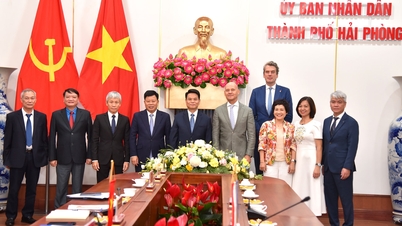









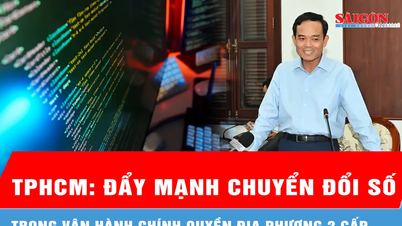

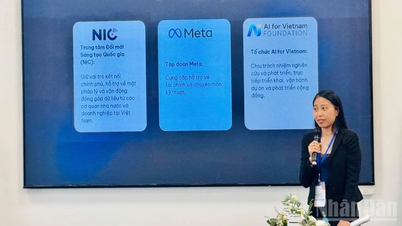

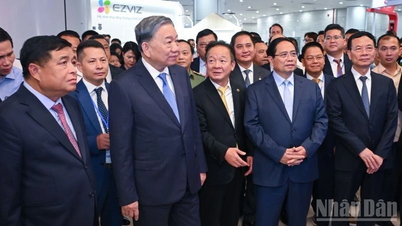

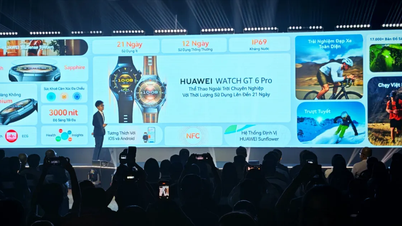


























































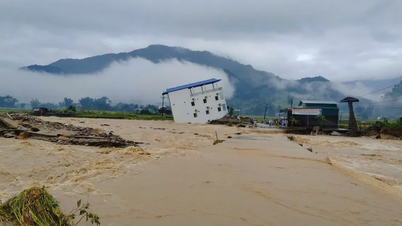



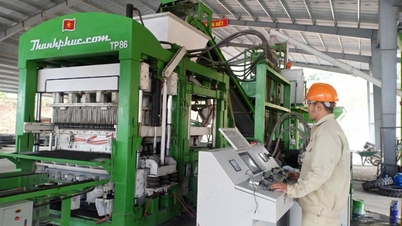













Comment (0)